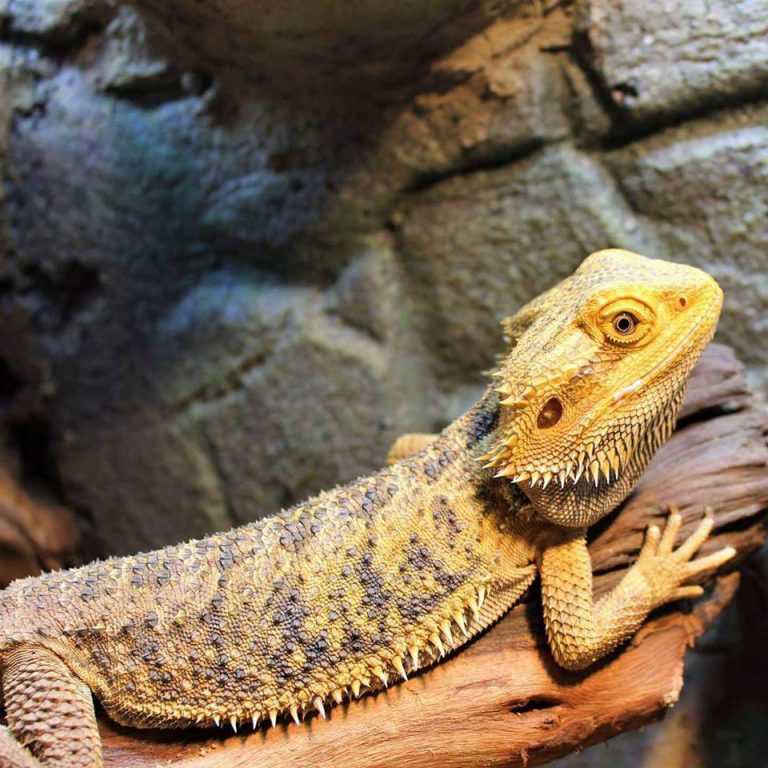Bearded Dragon Sleeping With Head Up
Orange Bearded Dragon Care
Bearded Dragon Resource Bearded Dragons have become a popular pet reptile, but their care is very complicated. This popular pet is being mistreated and under-cared for. You can learn more about how to care for a beardie by reading this article.
Bearded Dragon Sleeping With Head Up
Large Bearded Dragon Care
Bearded Dragons also eat crickets and mealworms. A grown bearded drake should consume around twenty insects per day depending on his age. Because of the chitin they contain, mealworms should not be eaten by juvenile bearded drakes. Superworms would be a better choice.
5 Month Bearded Dragon
Before bringing the bearded dragon home, it is vital that you set up its habitat. Ensure that it has adequate heat, ultraviolet lights, and food. It is also essential to check the equipment, especially the ultraviolet light and basking pads. The temperature should be at an even temperature throughout the day, but keep the humidity as low as possible.
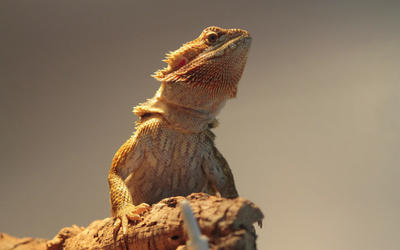
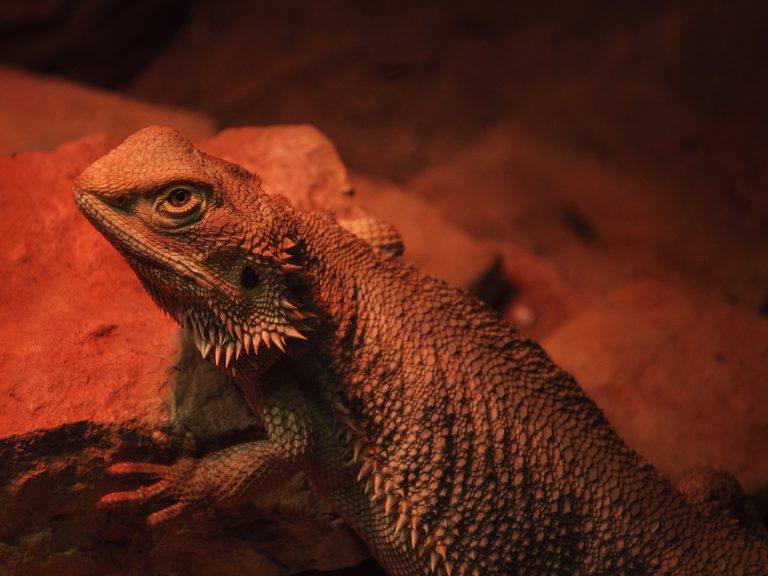
How To Keep Crickets From Escaping
Bearded Dragon Resource Bearded Dragons can be incredibly popular as pet reptiles. However, their care needs can be very complex. This popular pet is unfortunately becoming an easy victim to misinformation and poor care. These tips will help you take care of your beardie.
How Often Can Bearded Dragons Eat Dandelions
These resources for bearded dragon owners are loaded with the best information available on raising a bearded dragon, and we highly recommend you add them to your resources as well.
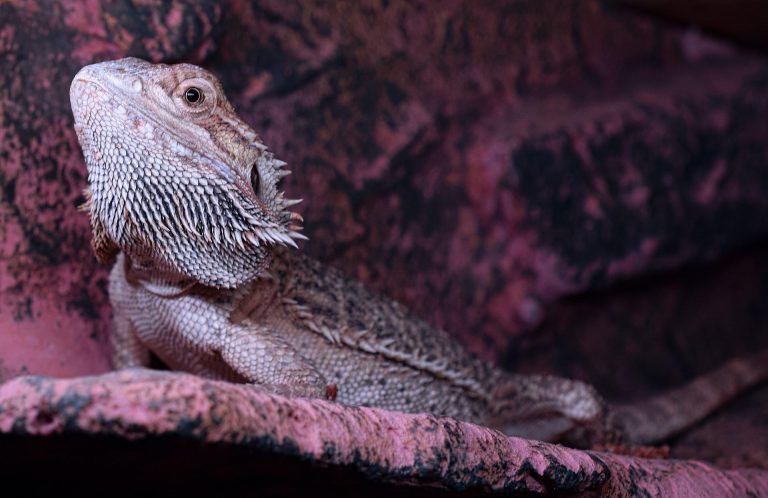
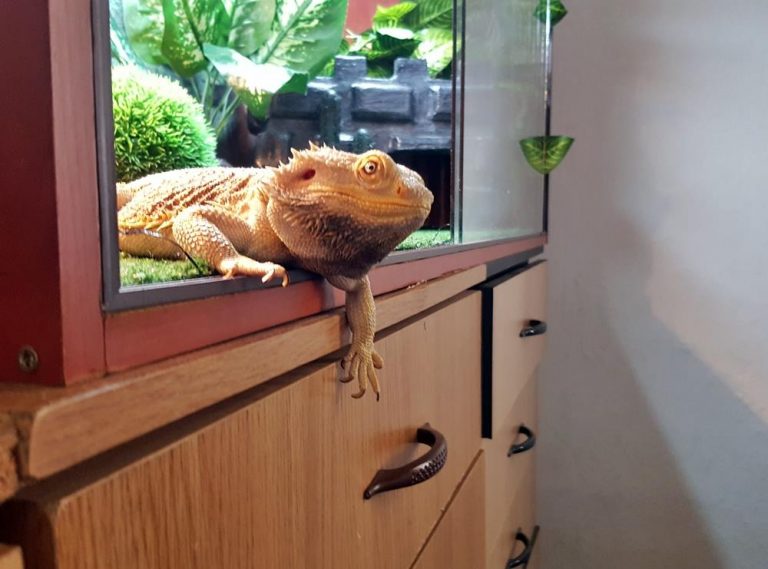
Hypo Zero Bearded Dragon Care
Bearded Dragon Care Bearded drakes require a clean environment to flourish. Regular cleaning of the habitat, including its substrate and accessories, is essential. You can use a sponge, washcloth or soft-bristled brush to clean the habitat. You should avoid allowing the habitat to become too filthy as this can be dangerous for the animal's health.
Bearded Dragon Female Care
Because all reptiles are potential carriers of infectious diseases such as salmonella, always wash your hands before and after handling your reptile or habitat contents to help prevent the potential spread of disease. Pregnant women, children under the age of 5, senior citizens and people with weakened immune systems should contact their physicians before purchasing or caring for reptiles and should consider having a pet other than a reptile.
